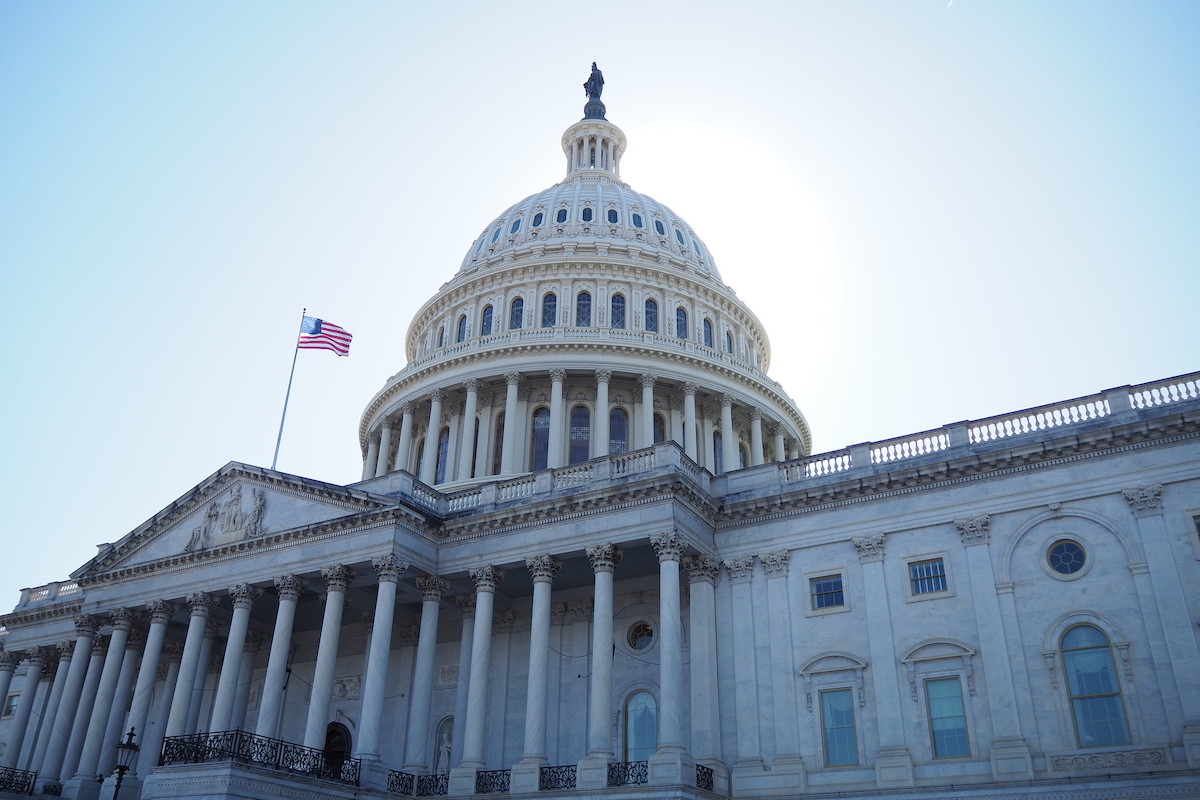As the use of artificial intelligence continues to grow, it is quickly becoming apparent that this technology will have a profound impact on the world of government affairs in Washington, D.C. AI will augment the way that policymakers and public affairs professionals work and the way government agencies operate. I have explored how AI will change the legislative landscape — and why it’s imperative for professionals to adapt:
More efficient data analysis
AI is revolutionizing data analysis in policymaking by enhancing efficient data analysis. The Evidence-Based Policy Act of 2018 mandates the use of data-driven research for crafting legislation — data research which can now be automated.
Automation can expedite data analysis, saving policymakers time and taxpayer money. In 2018, a 2,232-page omnibus bill was publicly released to the House of Representatives members only 18 hours before the vote, leaving no time for a comprehensive review. AI could have synthesized key takeaways, enabling proactive decision-making and fostering a more informed policymaking process.
Enhanced decision-making
AI enhances decision-making capabilities by policymakers and government affairs professionals in Washington. These crucial decisions impact citizens and businesses, necessitating careful deliberation. AI can provide professionals insights and recommendations based on large amounts of data, allowing policymakers and government affairs professionals to make more informed decisions.
By leveraging AI, policymakers can analyze trends and patterns to devise effective solutions, addressing constituents’ needs more comprehensively. AI’s ability to discern patterns in raw data that may elude humans ensures a deeper understanding of issues for better policy outcomes.
Streamlining operations in government agencies
AI can improve the way government agencies operate in D.C. and nationwide. By collaborating with existing personnel to automate tasks such as document processing, data entry and customer service, AI can help bolster the efficiency of government agencies.
It’s a misconception that the introduction of AI will lead to job losses in industries like customer service. From the DMV to the DHS, citizens have been frustrated with our agencies’ lack of efficiency due to the mountain of manual work these departments must process. Customer service roles require a human touch, and cannot be run by AI alone. However, AI can also have a role in training new hires, processing paperwork and directing constituents to the correct departments.
The introduction of AI can enhance customer service representatives’ personal development and upskilling. This saves existing employees time to do work that directly impacts the policymaking process. The introduction of AI to government agency processes will allow agencies to focus on more critical tasks and better serve their constituents.
Ultimately, AI has the potential to make a profound impact on policymaking, making it more efficient and inclusive. Policymakers, government affairs professionals and government agencies will need to adapt to this new reality and learn how to use AI effectively to stay ahead of the curve, as well as effectively use taxpayer dollars. The future of government affairs work is here, and AI will play a significant role in shaping it.







